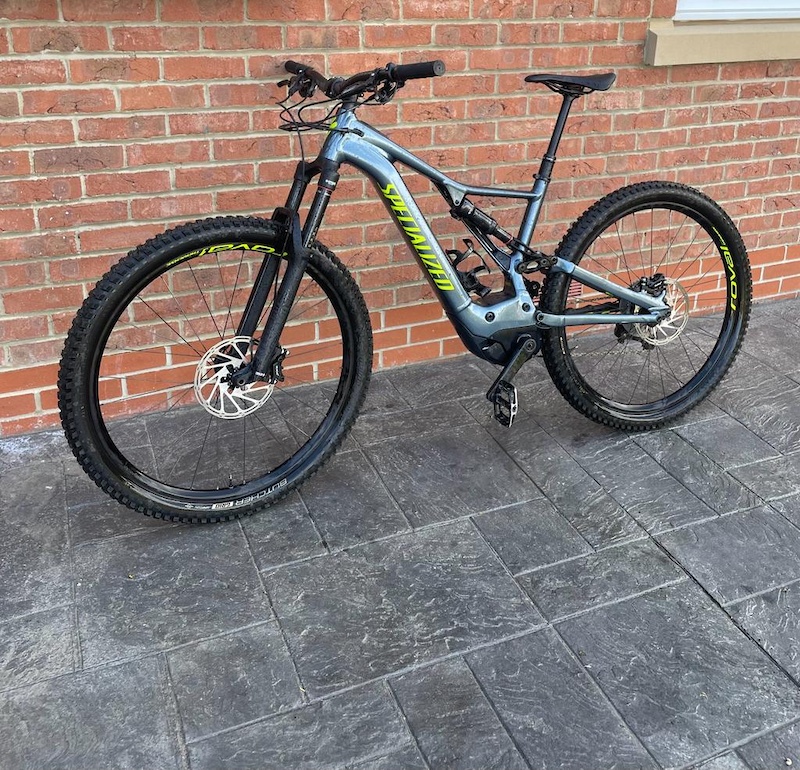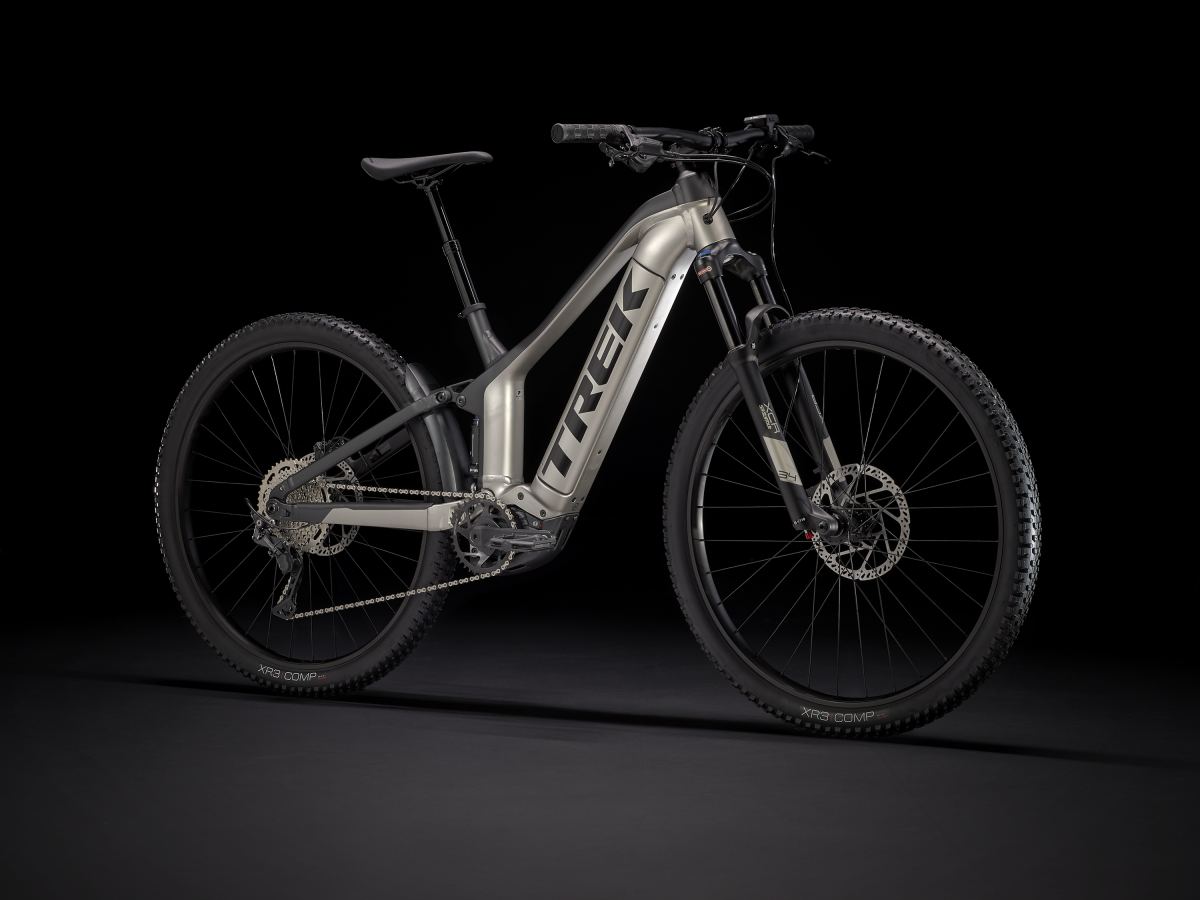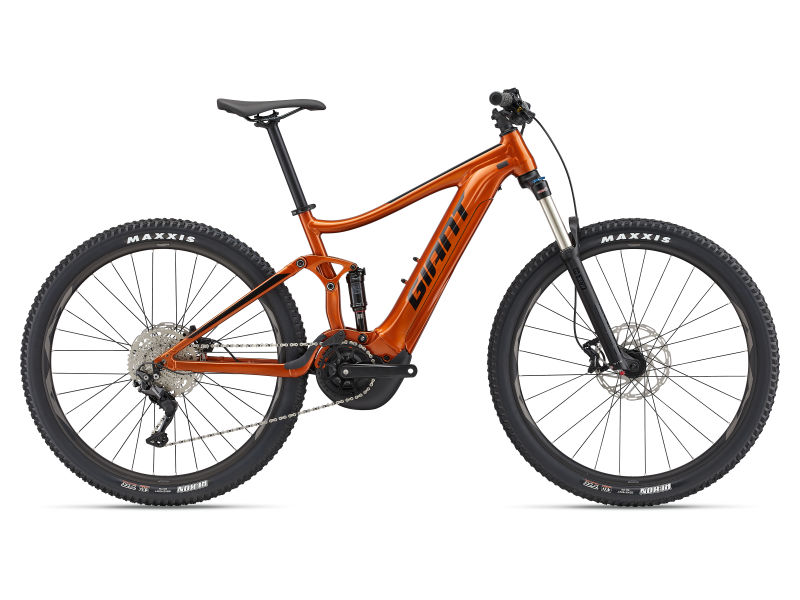ChrisRidge
New Member
As I have already stated, I have recently had open heart surgery to have my aortic valve replaced.
I have always been an analogue biker and currently have a Trek Roscoe 7, which I have not been on for about 7 months for obvious reasons.
My brother has lent me his electric bike which he uses on his motor home but is about 8 years old. (The Bike)
I am thinking of buying my own and would like some advice. I have been looking at the Trek Marlin+8 and the Cube Reaction Hybrid Race, but would welcome other suggestions.
Chris
I have always been an analogue biker and currently have a Trek Roscoe 7, which I have not been on for about 7 months for obvious reasons.
My brother has lent me his electric bike which he uses on his motor home but is about 8 years old. (The Bike)
I am thinking of buying my own and would like some advice. I have been looking at the Trek Marlin+8 and the Cube Reaction Hybrid Race, but would welcome other suggestions.
Chris




